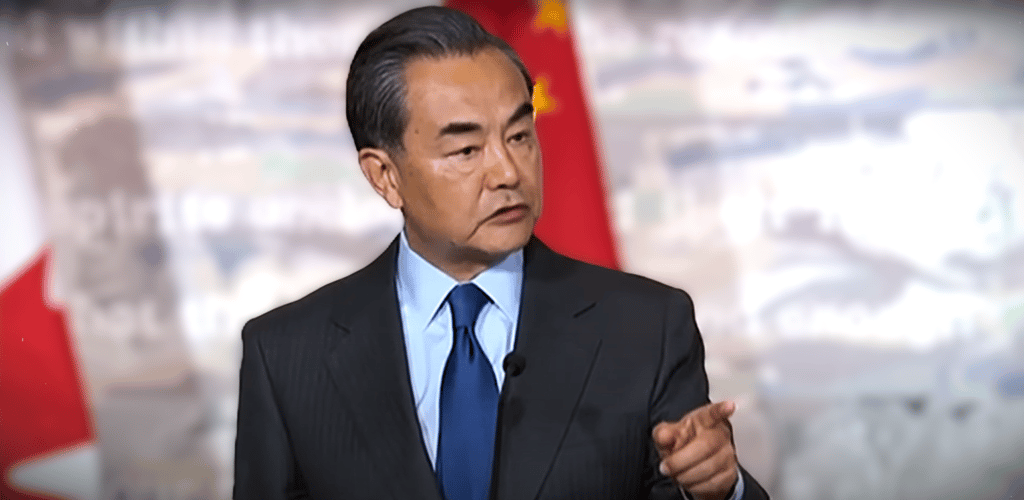Modi Meets Wang Yi in New Delhi: India-China Relations Enter New Phase
On August 19, 2025, PM Modi met Chinese FM Wang Yi in New Delhi to discuss border tensions, trade, and regional security, marking a new phase in relations.
Raja Awais Ali
8/19/20252 min read


Modi Meets Chinese Foreign Minister Wang Yi in New Delhi: A New Chapter in India-China Relations
On August 19, 2025, Indian Prime Minister Narendra Modi held a significant meeting with Chinese Foreign Minister Wang Yi at his official residence in New Delhi. The talks took place at a crucial moment, as India and China continue to grapple with long-standing border tensions and widening trade imbalances. Analysts are calling this meeting a new chapter in bilateral relations.
During the discussions, Modi stressed that the restoration of peace along the border is essential for rebuilding trust and expanding cooperation. Both leaders agreed that continuous dialogue is the only path forward to reduce tensions and strengthen confidence between the two nations.
Wang Yi assured New Delhi that Beijing is ready to support India’s economic growth by ensuring the supply of critical raw materials, fertilizers, and infrastructure equipment. This commitment is seen as vital for India’s technology, agriculture, and industrial sectors, which heavily rely on these resources.
Prime Minister Modi highlighted the importance of constructive ties, stating:
> “Stable and productive India-China relations are not only necessary for both nations but also crucial for peace and prosperity across Asia and the world.”
He also confirmed his participation in the upcoming Shanghai Cooperation Organization (SCO) Summit, where he is expected to continue his engagement with Chinese leadership.
The timing of the meeting is particularly important as India’s trade tensions with the United States have intensified in recent weeks. Diplomats view the Delhi talks as part of India’s broader strategy to balance relations with major global powers while safeguarding its national interests.
For China, the dialogue offers an opportunity to stabilize ties with India amid shifting global geopolitics and growing competition in the Indo-Pacific. Wang Yi’s reassurances reflect Beijing’s intention to keep communication channels open despite the challenges.
Political analysts note that while the meeting may not immediately resolve border disputes, it has set the stage for a long-term negotiation process. Both nations appear willing to seek common ground in areas such as trade, investment, and regional security, even as sensitive territorial issues remain unresolved.
Conclusion:
The Modi-Wang Yi meeting in New Delhi underscored a shared willingness to manage differences and pursue cooperation. While challenges persist, this engagement signals a potential reset in one of Asia’s most critical bilateral relationships. The world will be closely watching how India and China translate dialogue into actionable outcomes in the months ahead.